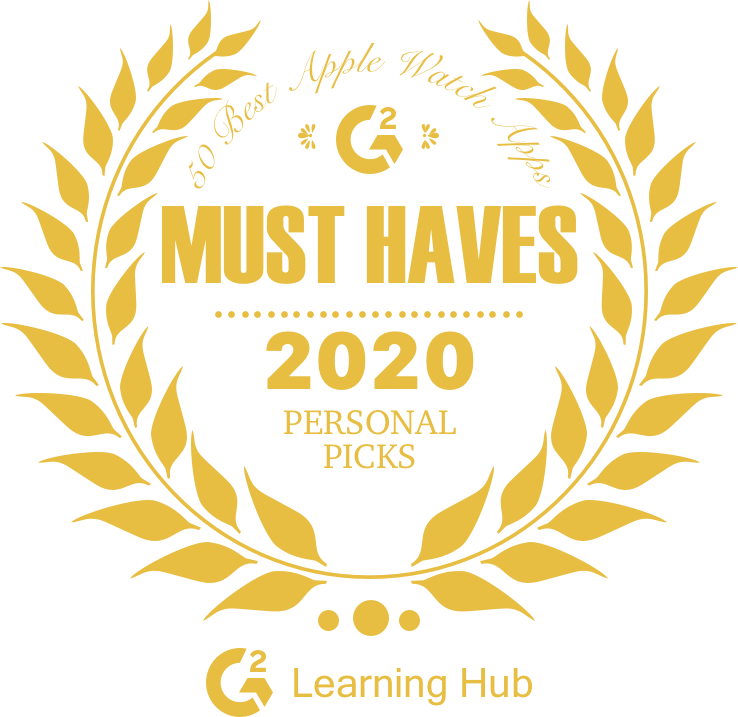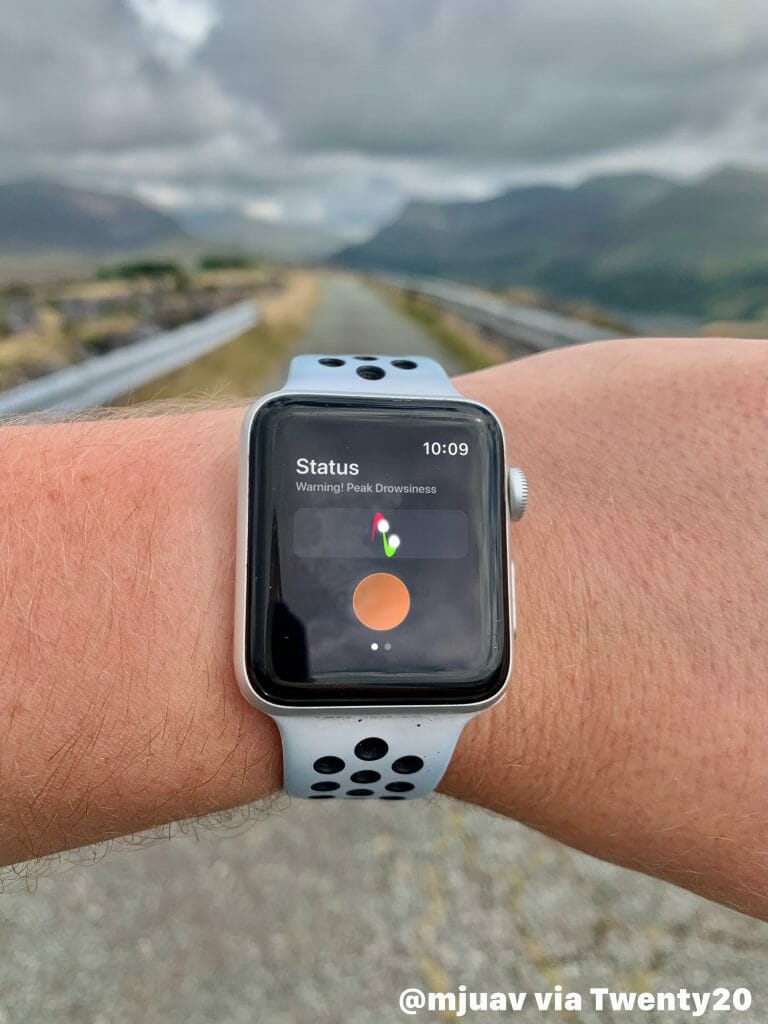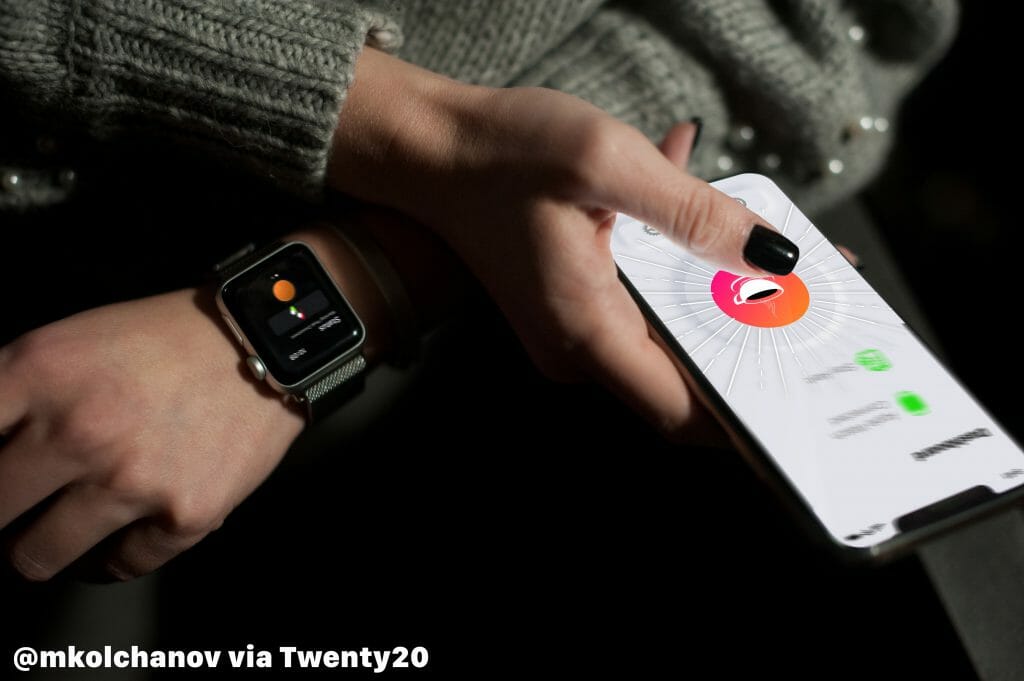Get Yourself Together
As the pressure builds we try to put more effort in and double down on a failing strategy unable to clearly see a way out of this mess. All we can do at this point is hope that our efforts are not in vain and that eventually we’ll make it through.
Take a step back and see where you are
One step back…
Unfortunately there are times in our lives when we just feel overwhelmed and find it difficult to sort out what we should be doing. No clear path to the road of order presents itself and we can be left a little befuddled.
At the same time it’s not uncommon to find ourselves being pulled in many different directions, all as important as the other, whether it be study life, work life balance issues or family. It easy in hindsight to realise that you should take a step back and take some time to assess where you are and what you should do, but when you’re deep in the thick of it, nothing looks straightforward.
But we shouldn’t fret as there are things that we can do to help lift the fog and clear the way for us to get back on track, so let’s dive in and figure them out.

The Descending Mist
Another assumption within the Effort-Reward Imbalance model points to over-commitment leading to sustained stress reactions…
Over-committed people exaggerate their efforts beyond levels usually considered appropriate, a behaviour also discussed in the personality-centred approaches of burnout.
Jenull, B., & Wiedermann, W. (2015). The Different Facets of Work Stress. /Journal of Applied Gerontology,/ /34(7),/ 823-843.
Loosing track of where you are is easy to do. The way that we work and/or study tends to encourage us to have tunnel vision and focus exclusively on what we have to do; and working this way helps to get things done.
However, these days we are increasingly finding ourselves having to multitask or focus on multiple things at once, just to keep up with the ever increasing demands for more productivity, better grades, or moving up the corporate or social ladder.
In addition, it can be very difficult to say no to the increased workloads as we may feel that this would affect our chances of promotion or put us at a disadvantage to our competition.
As the pressure builds we try to put more effort in and double down on a failing strategy unable to clearly see a way out of this mess. All we can do at this point is hope that our efforts are not in vain and that eventually we’ll make it through.
No Clear Way Out
However, before we know it, we are swamped with things to do and don’t have enough time or energy to get them done, with no clear way out of the mess we find ourselves in.
It’s at this point when we can find ourselves in a “danger zone” without even realising it; by unintentionally placing excessive pressure and demands on ourselves, we are actually stressing ourselves out and find that even the simplest things can overwhelm us.
And as I stated earlier, because we are so focussed on getting through what needs to be done, we can overlook some of the tell tale signs that tell us we are stressed and therefore miss an opportunity to take the appropriate actions needed to relieve the pressure. Some of these indicators include:
- Feeling tense
- Increased anger and/or frustration
- Anxiety
- Depression
- Low morale
- Decrease in productivity
- Difficulty concentrating
- Disturbed or impaired sleep
- Increased consumption of stimulants (caffeine or alcohol for example)
- Over eating
Clarity
Now that we have made the link between feeling overwhelmed and stress and the negative effects that being stressed can have on your health and quality of life, what can we do to reduce or even better prevent the build up of stress in our lives?
- Work / Study for reasonable hours
It’s tempting to put in more hours in “the grind” trying to get things done than is actually possible, so set a target for your productive times during a stint and divide your day into productive things to be done and other tasks that need to be done.
This leads me onto a side issue that has been in the software development world for years regarding how many hours per day you are actually doing productive work vs. meetings and non productive work. There are those among us (me being one of them) that believe that at best you can’t get more than five hours of truly productive work consistently per day. There are exceptions, but they don’t tend to last so long. In fact there’s a post by Joel Spolsky from 2002 where he mentions:
“What drives me crazy is that ever since my first job I’ve realized that as a developer, I usually average about two or three hours a day of productive coding. When I had a summer internship at Microsoft, a fellow intern told me he was actually only going into work from 12 to 5 every day. Five hours, minus lunch, and his team /loved/ him because he still managed to get a lot more done than average. I’ve found the same thing to be true.”
Joel Spolsky, founder of Trello, and Glitch, CEO of Stack Overflow from 2010-2019, Fire And Motion – Joel on Software
Please note I’m not saying that you should only work 4 or 5 hours a day, but rather that you should work out what works for you and get the majority of what needs to be done in that time. Throwing more hours at a problem usually doesn’t solve it!
- Keep Family/Friends time or down time sacred
Don’t sacrifice time for yourself and/or family and friends (or if you feel you have to, keep it at a minimum). To increase the quality (and perhaps quantity) of your life, a balanced work / social life is key. Although family and friends time can have their own stresses, the act of taking time out from an area and spending it in another can be all that is needed to lift our spirits (think, a change is as good as a rest). - Manage your workloads
As with making sure you work within reasonable hours, managing your work takes it one step further. Make it a point to as best as you can organise the work that needs to be done, and where possible try not to overlap two or three demanding tasks with each other. If your work loads are out of your control, let your employer or manager know that it might be better to reorganise your workload so that you can be more productive. If you don’t ask you don’t get, so why not mention it to them (they’re human too). - Value yourself and the work/studying that you do
By taking the time to truly know and appreciate yourself you’ll be less likely to abuse yourself with unreasonable demands and will eventually appreciate that your efforts are valuable. Doing this will eventually increase the quality of your output and productivity because you now work with value and purpose, which in turn will reduce the stress that you feel as you’ll be enjoying what you are doing.
Review
In summary, get yourself together by reducing the amount of stress that you subject yourself to. This starts by changing your attitude towards yourself and the things that you have to do. Taking the time to organise yourself to make this happen is your responsibility and ultimately you get the reward for the effort that you put in.
Just don’t stress about it 😉
Afterword
“Work is about a search for daily meaning as well as daily bread, for recognition as well as cash, for astonishment rather than torpor, in short, for a sort of life rather than a Monday through Friday sort of dying.”
Cooper, C. (2003). Stress prevention in the police. /Occupational Medicine,/ /53(4),/ 244-245.

Now available on the App Store, download it now!









